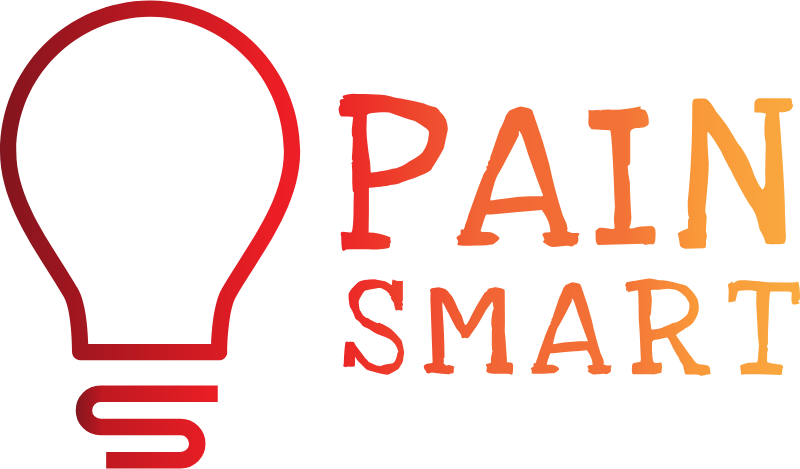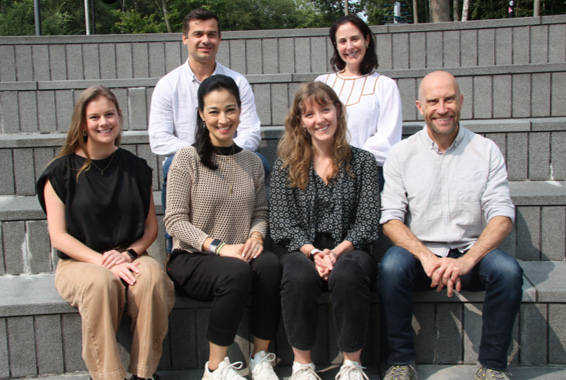
“Without access to pain management, quality of life for children and adolescents with chronic pain is severely limited. Children with chronic pain report higher levels of physical disability, anxiety, depression, sleep problems and poor academic performance”
World Health Organization
This is a study led by a team from the University of Sydney. This study is a Medical Research Future Fund (MRFF) supported by the Australian Government.
The Pain Smart Study
Pain Smart is a three-lesson PDHPE program that helps adolescents build practical, age-appropriate skills to better understand and manage pain.
We know teachers are busy, so we’ve designed Pain Smart to be simple, curriculum-aligned, and low-burden.
Why Pain Smart
- Around 1 in 6 adolescents experience ongoing musculoskeletal pain
- Pain can reduce attendance, concentration, sport participation, mental health and overall wellbeing
- Early, evidence-based education can reduce the risk of pain becoming long-term
What schools receive
- Three ready-to-teach PDHPE lessons for Years 7 to 10
- Fully aligned with stages 4 and 5 of the current and new NSW PDHPE curriculum
- Complete resource pack (slides, student activities, teacher lesson plans)
- Teacher training and support provided
- $1,000 reimbursement to the school for teacher training time
- Students reporting problems with pain can be offered Pain SmartER an optional addition providing individual support from a health professional and extra resources to manage their pain
- Participating students go into a draw to win one gift card per class
What’s involved
- PDHPE teachers deliver the lessons in class
- Classes and timeframe nominated by each school
- No additional assessment or marking
- No cost to the school
Who can express interest
- Anyone who would like to champion Pain Smart, including principals, curriculum or wellbeing leaders, PDHPE staff, school counsellors, coaches, parents, etc.
- Our team can assist with information or materials to support internal discussions and approvals.
- NSW independent or catholic high school
Getting involved is easy
- Click here to register interest
- We’ll be in touch for a no obligation conversation
We’ve started delivering Pain Smart in NSW high schools. Schools are being confirmed on a rolling basis until places are filled. We encourage early expressions of interest.
Getting involved is easy!
Click the button to express your interest and we will be in touch to schedule a meeting. There’s no initial commitment required on your part, and we will ensure that the process is as smooth as possible.

Researchers
Get to know the people leading this research.
Latest News & Resources
Read all latest news and resources
Breaking News
-

XIX International Back and Neck Pain Forum in Davos, Switzerland (2025)
—
in NewsSome of the research team proudly represented Pain Smart at the XIX International Back and…
Pain Smart Study
The University of Sydney
E: [email protected]
T: +61 468 385 128
